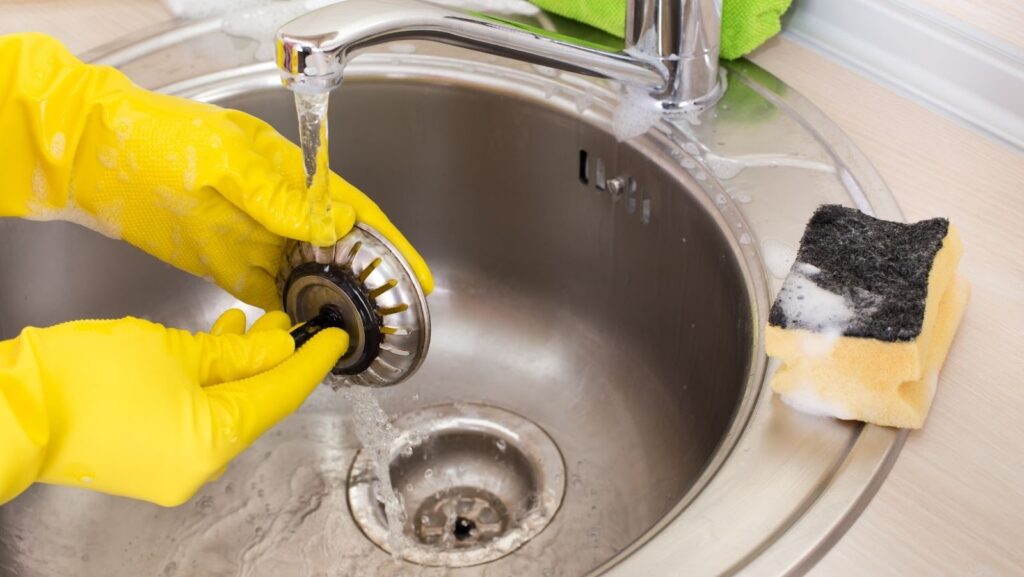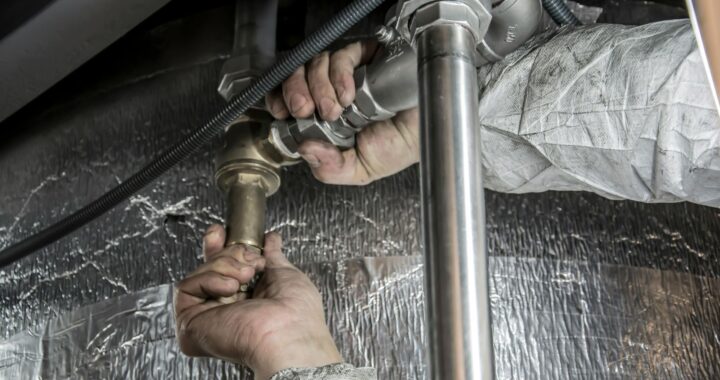The Truth About Can Olive Oil and Drains

You may have heard that using olive oil in your drains can help keep them clear and flowing well. But is this really true? And if it is, how do you go about using it? In this blog post, we’ll explore the truth about olive oil and drains and provide some tips on how to use it effectively. Keep reading to learn more!
Can olive oil go down the drain
Most people are familiar with the many uses of olive oil, but fewer know that it can also be used to unclog drains. When mixed with baking soda, olive oil forms a thick paste that can be used to break up stubborn clogs. Simply apply the paste to the drain and let it sit for several hours before flushing with hot water. For best results, repeat this process once a week. In addition to being an effective drain cleaner, olive oil is also gentle on pipes and won’t damage them like some harsh chemicals can. As a result, it’s a safe and natural way to keep your drains flowing freely.
What other kitchen items can cause problems
Drains are an essential part of any kitchen, but they can quickly become clogged with all kinds of debris. In addition to food scraps and grease, there are a number of other common kitchen items that can cause problems with your drains. Coffee grounds, for example, can quickly build up and block the flow of water. Eggshells can also create problems, as they can trap other debris and cause it to accumulate.
Even rice and pasta can cause issues, as they can expand and block the drain. To avoid these problems, it’s important to be mindful of what you’re putting down your drain. Be sure to dispose of coffee grounds, eggshells, and other potential culprits in the garbage rather than the sink. With a little care, you can keep your drains flowing freely for years to come.
How to properly dispose of cooking oils and grease
Cooking oils and grease can be difficult to clean up, and even more challenging to dispose of properly. Pouring them down the drain can lead to clogged pipes and overflowing sewer lines, while simply throwing them in the garbage can create an ecological nightmare. So what’s the best way to get rid of cooking oils and grease? The first step is to pour them into a heat-resistant container with a tight-fitting lid.
Once the oils have cooled, they can be thrown in the trash. However, it’s always best to check with your local waste management department to see if there are any special disposal requirements in your area. With a little care and attention, you can ensure that cooking oils and grease are disposed of correctly – without harming yourself, your home, or the environment.
What to do if you experience a plumbing emergency
A plumbing emergency can strike at any time, often without warning. If you find yourself dealing with a burst pipe or a blocked drain, it’s important to stay calm and take quick action. Plumbing emergencies can cause extensive damage if they’re not addressed promptly, so it’s important to know what to do. First, try to locate the source of the problem. If you can’t stop the flow of water, turn off the main water supply to your home. This will help prevent further damage.
Next, call a qualified plumber to come and assess the situation. Don’t try to fix the problem yourself, as this could make things worse. Once the plumber has repaired the damage, make sure to follow their advice on how to avoid future issues. With a little preparation, you can minimize the risk ofhaving a plumbing emergency in your home.

 Understanding Hydro Jetting: Is It Worth the Investment for Homeowners?
Understanding Hydro Jetting: Is It Worth the Investment for Homeowners?  Digital Marketing For Roofers: How To Improve Your Local Visibility
Digital Marketing For Roofers: How To Improve Your Local Visibility  How to Choose the Right Services for Your Home: A Complete Guide
How to Choose the Right Services for Your Home: A Complete Guide